Local and regional leaders from Mediterranean cities convened in Amman on 4-5 November for the Euro-Mediterranean Regional and Local Assembly (ARLEM), where they underscored their commitment to cooperation and dialogue on critical regional challenges including cultural dialogue, water scarcity and the energy transition.
ARLEM’s plenary session in Amman, capital of Jordan, was co-chaired by the president of the European Committee of the Regions, Vasco Alves Cordeiro, and by the mayor of Greater Ramtha Municipality in Jordan, Ahmad Al Khazali, who described the meeting as a sign of Jordan’s “unwavering commitment to dialogue, cooperation, and peace”. The session began with a minute of silence to honour the civilian victims of the conflicts in the region.
The meeting brought together mayors, governors, and national and international politicians and officials and signalled a new start for this joint Assembly at a critical moment in Euro-Mediterranean cooperation. Speakers included Nasser Kamel, Secretary-General of the Union for the Mediterranean (UfM), Patrick Simonnet, the EU’s special envoy for the Mediterranean, and – by video message – Roberta Metsola, the European Parliament’s President.
To contribute to the New Pact for the Mediterranean announced by European Commission President Ursula von der Leyen, ARLEM will in 2025 deliver a report a report on the new Euro-Mediterranean strategic agenda. The recent natural disaster in Spain has further highlighted the urgency of tackling climate change and advancing cooperation on civil protection, to which ARLEM will contribute by its roadmap. ARLEM members expressed their solidarity with the cities and regions affected.
UfM Secretary-General Kamel and HRH Princess Rym Ali, President of the Anna Lindh Foundation, discussed challenges and opportunities of Euro-Mediterranean cooperation with ARLEM members. Their organisations are the initiators of one of the major recent efforts to foster inter-cultural exchange between Mediterranean cities, the Mediterranean Capitals of Culture & Dialogue. ARLEM serves on the initiative’s advisory committee.
The inaugural Mediterranean Capitals of Culture & Dialogue – Tirana and Alexandria – have pledged to forge bilateral collaborations in 2025. Erion Veliaj, mayor of Tirana, told ARLEM that the Albanian capital will – through its MediTIRANEan Bridges programme – also use its year as a Mediterranean capital to champion sustainable cultural tourism and the digitalisation of cultural heritage.
ARLEM’s championing of inclusive cities was reflected in the presentation of the sixth ARLEM Award: Young local entrepreneurship in the Mediterranean. The award encourages young entrepreneurs to take the future in their own hands and the development of a business-friendly environment, by recognising the role of local authorities in its enabling role. This year’s award went to Aïda Kandil of MyTindy and the Casablanca Chamber of Crafts. Ms Kandil’s business has developed an online platform enabling artisans, particularly women in rural areas, to find a market for their hand-made products.
ARLEM members adopted two reports linked to two other priorities – climate-related action and energy security – in which they set out recommendations on how regions and cities can strengthen water resilience and support a sustainable energy transition for the Mediterranean.
ARLEM recommendations:
- In a report entitled ‘Strengthening water resilience: the role of cities and regions in the Mediterranean’ and drafted by Taleb Abderrahmane El Mahjoub, mayor of Tevragh Zeina in Mauritania, ARLEM describes water as an “absolute strategic priority” that should be “at the heart of the political agenda”. The report notes that the southern Mediterranean includes 15 of the 20 most water-stressed countries in the world, making it “the epicentre of this water scarcity crisis”. Leaders at every level need to collaborate to develop integrated policy responses, the report emphasises, and highlights the need for projects and programmes that range from the revival of traditional water-management practices and the roll-out of cheap innovative methods – such as fog-water collection – to investment into the maintenance and creation of core capital-intensive infrastructure.
- The ARLEM report on “a sustainable energy transition for the Mediterranean” was drafted by Franck Proust (FR/EPP), president of Nîmes Métropole. Nîmes is in a region, Occitania, that aims to become Europe’s first ‘positive energy region’ – an administrative territory with net zero energy imports, with net zero CO₂ emissions, and with a surplus of renewable energy. Mr Proust’s report notes that towns and cities have “a pivotal role to play in speeding up the energy transition” – as they comprise around 70% of total global greenhouse gas emissions – and are also “instrumental in promoting the diversification of energy sources, in their capacity as energy planners and regulators”. He encouraged efforts to use the benefits of a “major advantage” – cooperation between local and regional authorities, including to reduce procurement costs and encourage innovation.
Further information: The European Committee of the Regions

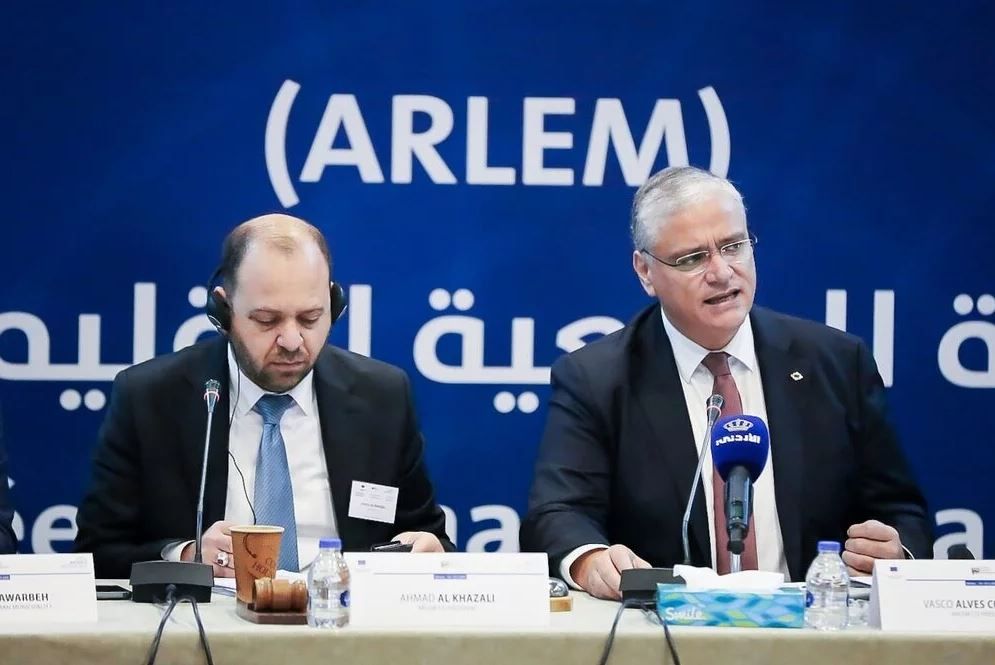
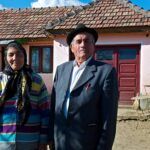
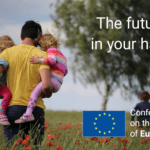
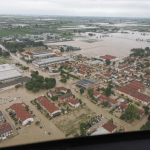
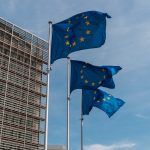
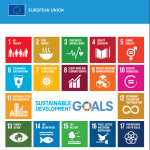
Leave a Reply